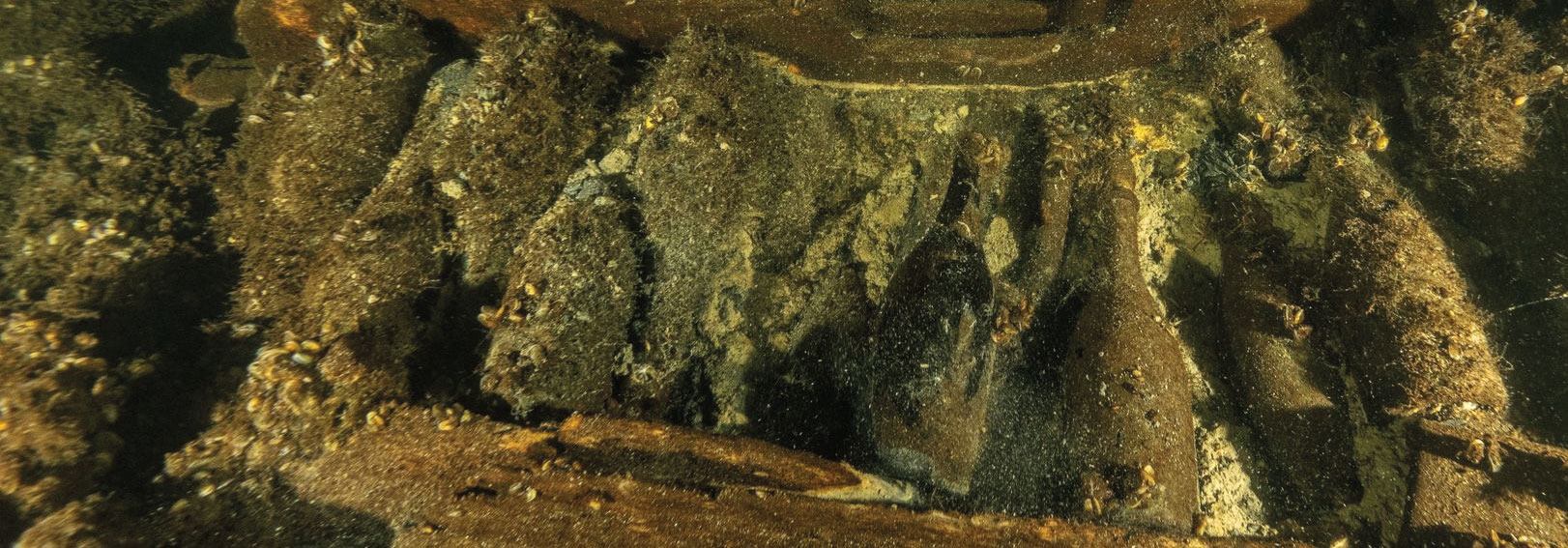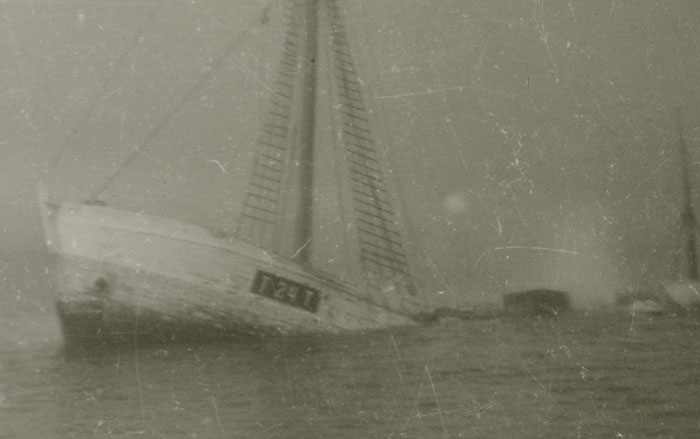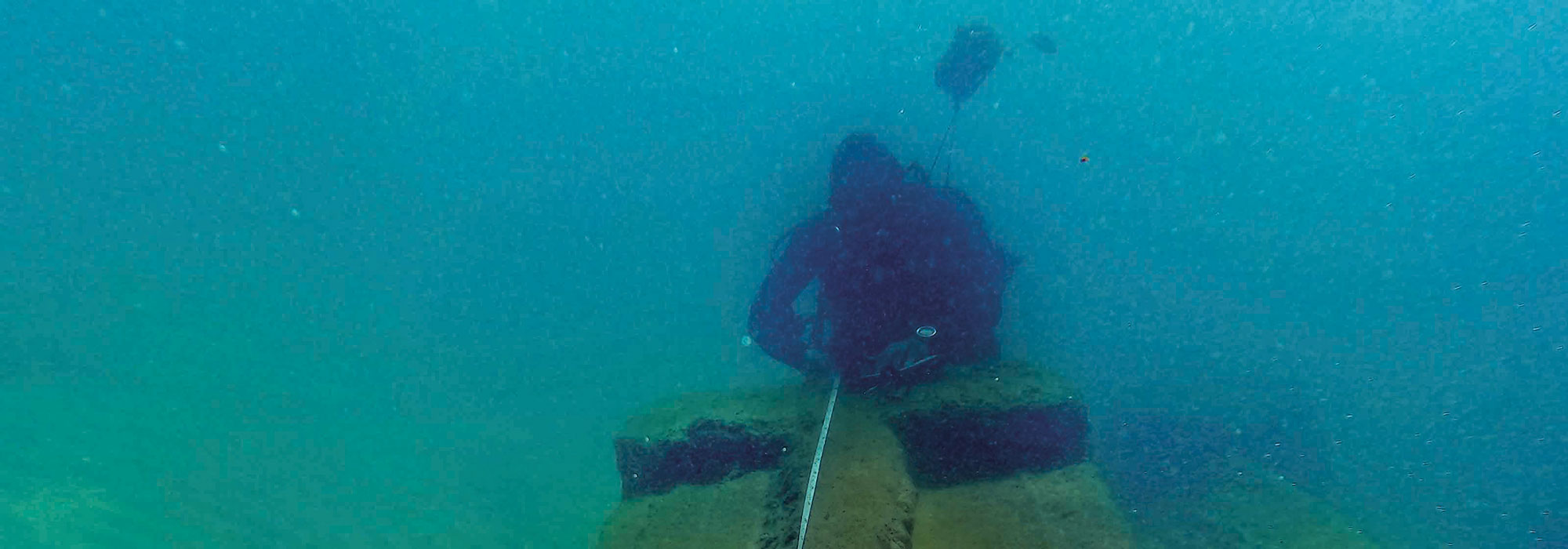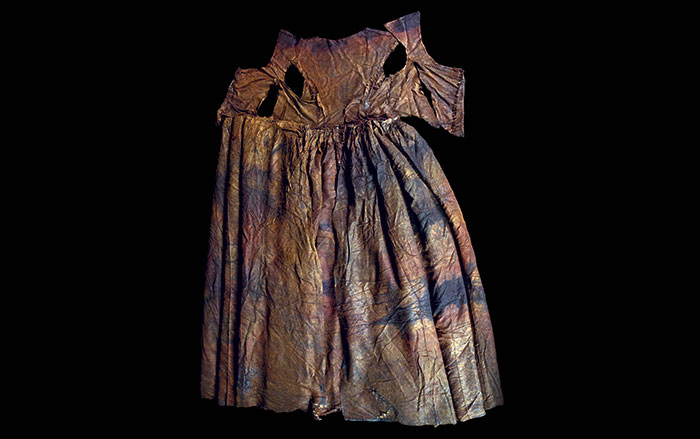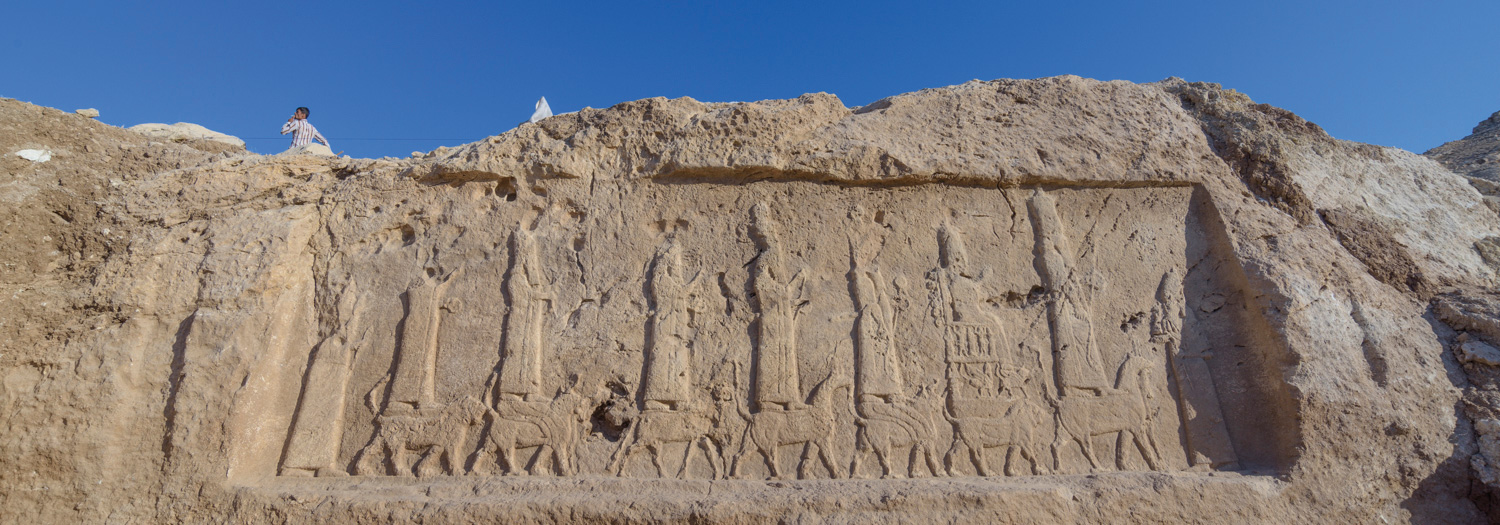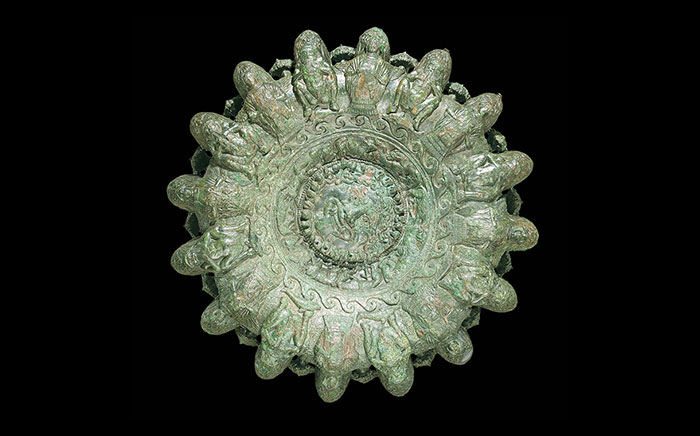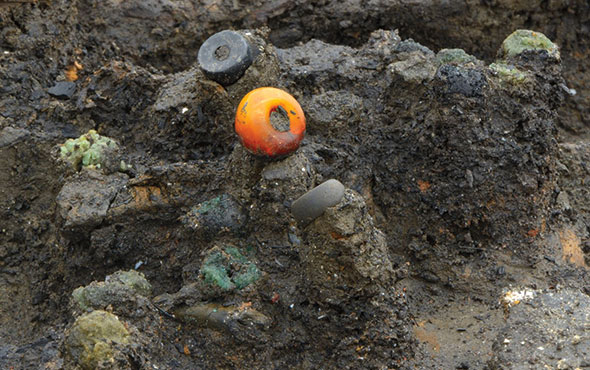
LABRADOR, CANADA—According to an Associated Press report, an international team of researchers led by John Geiger of the Royal Canadian Geographical Society has found the wreckage of the Quest, the last ship to belong to the Antarctic explorer Sir Ernest Shackleton. Shackleton died of a heart attack on the Quest in 1922, at the age of 47, while in the South Atlantic. The schooner-rigged steamship was then used for Arctic research, and later as a hunting vessel, before it sank in some 1,280 feet of water off the coast of Labrador after it struck ice on May 5, 1962. Geiger said that his team traveled on an icebreaker ship and used sonar scans to search for the Quest, which rests on its keel with its broken mast resting beside it. The vessel will be thoroughly documented by researchers using remotely operated vehicles, he concluded. To read about the discovery of Shackleton's ship Endurance, go to "Ship at the Bottom of the World," one of ARCHAEOLOGY's Top 10 Discoveries of 2022.



